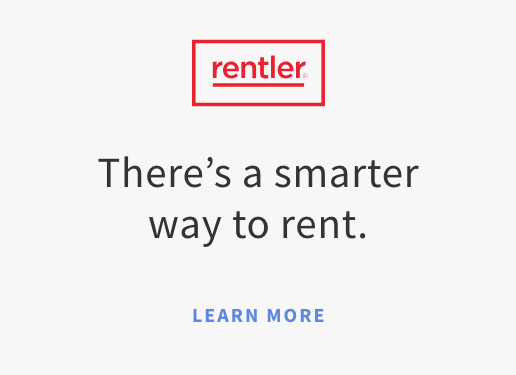Renting with roommates can become tricky when it comes to ensuring timely rent payments. As a co-tenant, you’re collectively responsible for the entire rent amount, regardless of individual contributions. So, if one roommate falls behind on payments, how can you handle the situation? Even if only one person struggles, the whole group could face eviction.
Open Communication
Initiate a conversation with your roommate about the rent issue. Determine if it’s a temporary setback or an ongoing problem. Maybe they had unexpected expenses or employment changes. This is also a chance to discuss a partial payment plan, which can help satisfy the landlord.
If your roommate’s rent troubles persist, consider your options. It might be wise to search for a new roommate or even explore relocating to avoid eviction consequences.
Let Your Landlord Know
It’s wise to communicate the situation with your property manager or landlord, even if it seems like a one-time occurrence. Explain the issue and keep them informed. They might understand and grant you extra time to settle the remaining rent, or waive late fees if the amount is substantial. Notifying your landlord or property manager is also the initial step toward building your case if the situation with the non-paying roommate becomes more problematic. They might be more inclined to release you from the lease or provide assistance while you search for a new co-tenant.
Document Your Roommate’s Actions
If you anticipate an ongoing issue with your roommate, it’s prudent to be prepared in case legal actions are necessary. Start compiling documentation outlining each roommate’s rent responsibilities and your roommate’s payment delinquency. Note down the dates of any partial or overdue payments made by your roommate. It’s also advisable to maintain a record of your communication. This way, you can prove that you’ve alerted your roommate about their overdue rent and have taken steps to resolve the matter. Consider saving emails, text messages, voice notes, or any correspondence related to the situation. This documentation will be essential if you have to take legal measures to recover expenses or address eviction concerns.
Initiate the Search for a New Roommate
While occasional rent slip-ups are not uncommon, dealing with a consistently unreliable roommate may lead you to seek a replacement. This process starts with a candid conversation with your co-tenant. Remind them of the lease agreement to pay a fixed monthly amount, and if they’re not meeting their commitment, it’s time for a change. It’s a challenging situation, and if paying the current rent is tough for them, affording a new place might be even harder. Highlight that their actions jeopardize both your living situation and financial well-being.
During the roommate hunt, prioritize those with a stable income to cover their rent share. Discuss your past roommate’s situation and your aim to avoid a repeat.
Background Checks and Credit Screening Are Essential
Whether you’ve faced rent issues before or wish to prevent them, there are strategies. Draft a separate roommate agreement outlining rent responsibilities, distinct from the lease. This document serves as your defense if legal action becomes necessary.
Prioritize background, credit, and income verification. Ensure candidates earn three times the rent and maintain a steady income. If not, they should have a co-signer or guarantor.
Foster open communication among roommates to address potential concerns, especially related to rent.
When a roommate lags in rent, stress might arise. Regardless of their financial state, engage in a dialogue. Inform your property manager or landlord too. Maintain records of communication and payments if legal action becomes necessary. For prevention, comprehensive background checks and credit screenings, coupled with proof of income, mitigate the chances of living with an unaffordable roommate.




